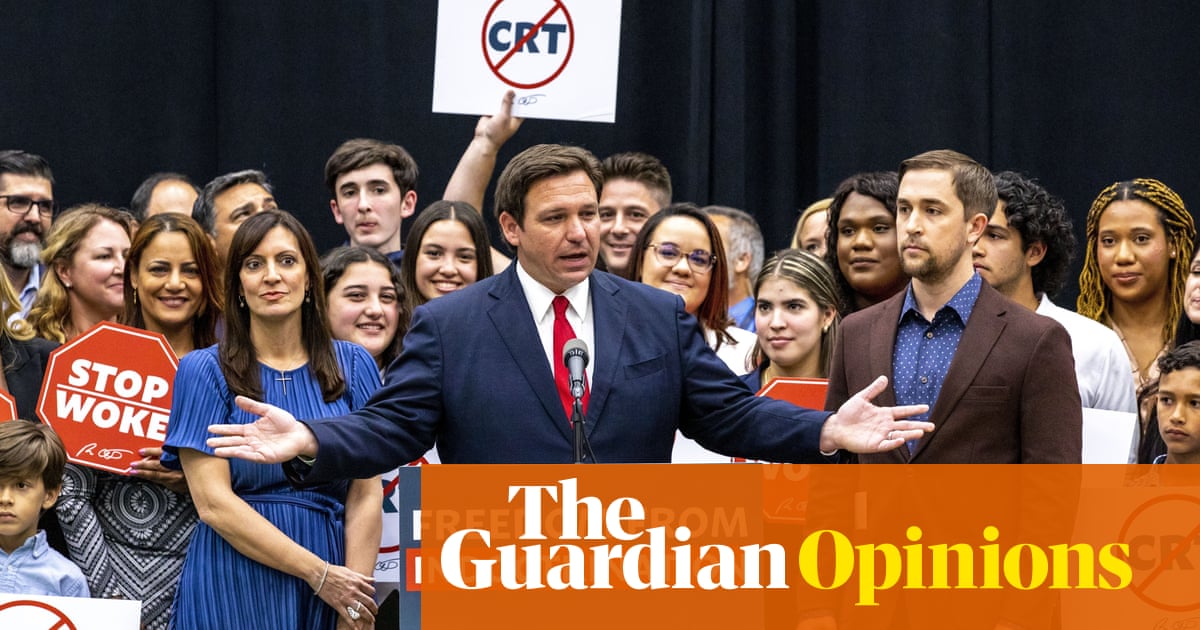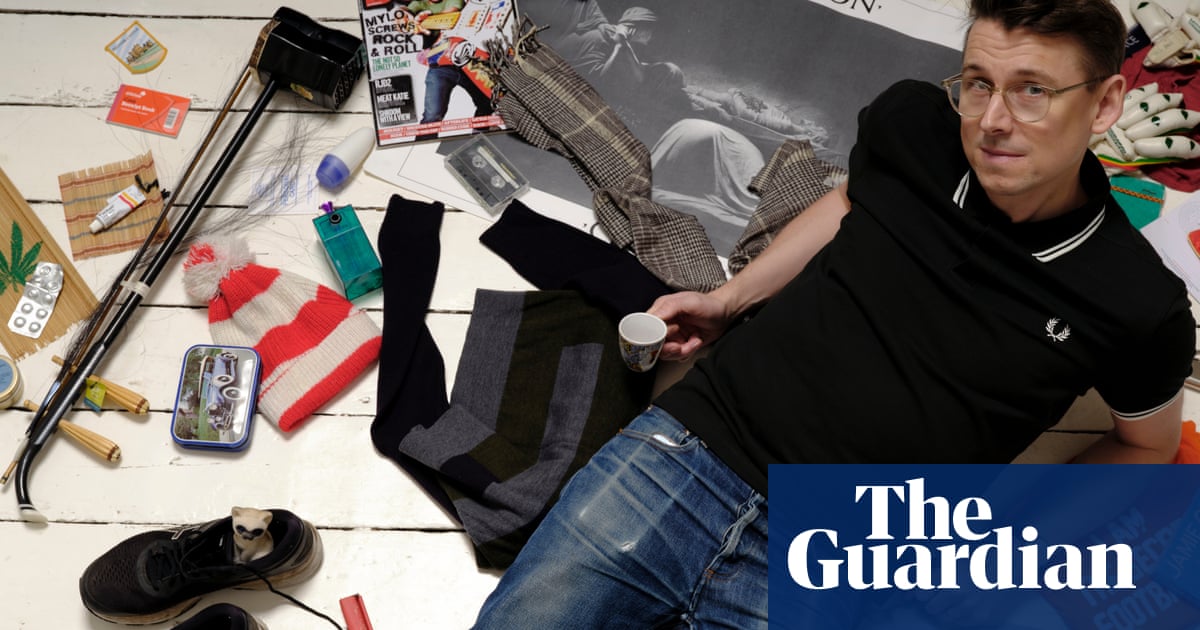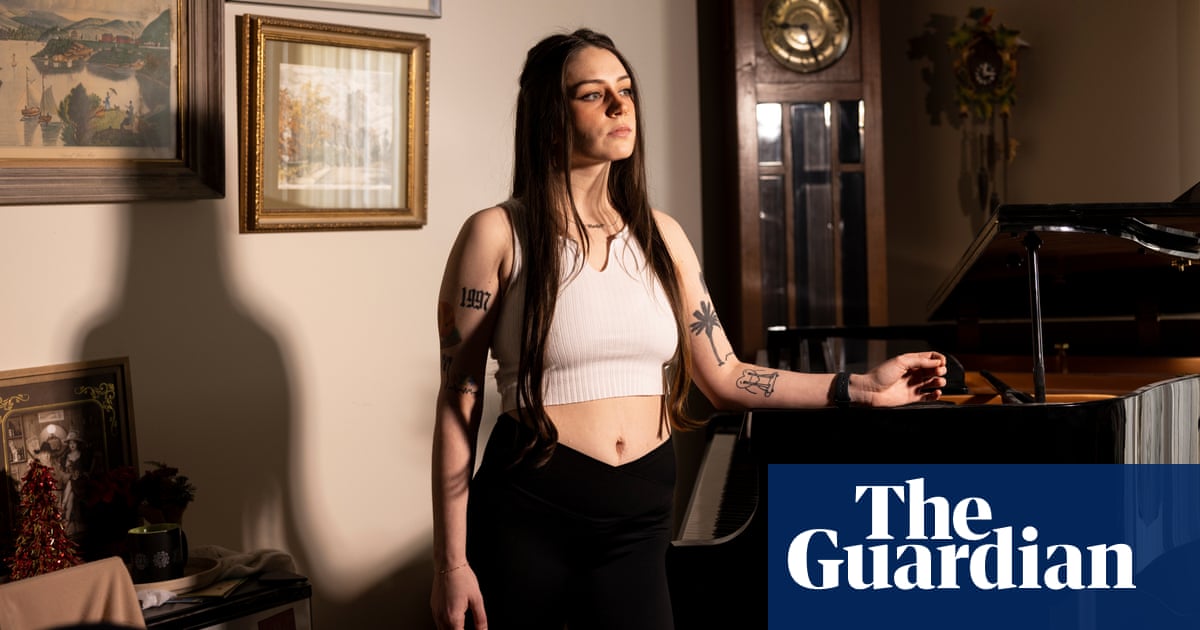
was born in north London in 1983 and grew up in a Bengali-Bangladeshi family. I just wanted to be English, but felt pressure from my family to be a “good Muslim girl” and to not integrate with western society. My family were dysfunctional. When you don’t trust your parents, you learn to distrust authority altogether.
When I was 17, we moved to east London. I made new friends but they were very conservative, religious girls and shamed me for being too western. I felt so depressed that I just wanted to become a new person. My cousin, who was a big influence on me, had been radicalised at university. She taught me about the caliphate. I would read a lot of Saudi Islamic fatwas online. I thought I was seeking the truth.
In 2003, I was at the anti-Iraq war march in London, when some men gave me a strip of paper with the name of a Muslim dating website on it. That’s where I met John Georgelas, a US convert to Islam. He’d grown up in a middle-class family, was multilingual and seemed so smart. I looked up to him.
I married John on his first visit to London, knowing it was the only way I could leave home. Shortly afterwards, we moved to the US and had a son. John was becoming more radical, just as I had stopped wearing the niqab and was becoming independent. In 2006, he was accused of hacking into the website of a pro-Israeli lobbying group, and went to prison for three years. I was still financially dependent on him, and didn’t realise that I was in an abusive marriage.
When John came off probation, we moved to Egypt and then to Istanbul with our three children. He had mentioned going to Syria, but I was adamant I didn’t want to take my children to a war zone. We couldn’t afford to stay in Istanbul, though, and John told me and his family back in the US, that we were moving to Antakya in Turkey. Instead, we travelled straight to the Syrian border.
When we caught a bus in the middle of the night, I didn’t realise what was happening. I was five months pregnant, and just relieved that the children and I could sit down and sleep. By the time the sun rose, we were at a Syrian checkpoint and John warned me not to make a scene.
As soon as I could find a phone, I called his mother and told her John had lied to us. I cried and asked her to contact the FBI agents who had been tracking him for years. The FBI later told me I would not be charged with joining an extremist organisation if I returned to the US.
In Syria, we had no running water because the tank at the top of the house had been shot through. I was malnourished, and so were the children; I was scared of losing them. John blamed me for telling the agents, and I was so angry at him for tricking us. By this point as I was refusing to cover my face, and he thought I was an embarrassment. He felt under pressure from his friends to either leave or control me.
In the end, John showed mercy and arranged for us to leave, though I had to wait three weeks to get out because of road blockades and infighting. He paid a human trafficker to transport us. We were forced to run a couple of miles and climb through a hole in barbed wire, before jumping on to a truck under sniper fire.
The trafficker was supposed to take us to the bus station, but left us in the middle of nowhere. I was distraught, until a kind Turkish man helped us find our way. I was so grateful to be alive. I wanted my children to live good, fulfilling lives and to give back to the world.
John played an essential part in establishing the caliphate and was a leading propagandist for Islamic State, helping to groom other westerners. I never saw him again and learned later that he’d remarried in Syria.
Last year I found out that he had died, most likely during US bombing in 2017.
Now, I live in Texas, a few roads away from his parents. I know it’s good for them and the children to be close. My current husband is respectful, and caring; I love the freedom to be myself.
I’ve worked with the counter-extremism group Faith Matters in the UK. Education is key to de-radicalisation: you need to present the data, facts and science. That’s what changed me: I read widely, educated myself. We have to have shared values in order to live in peace.
• As told to Amy Sedghi












